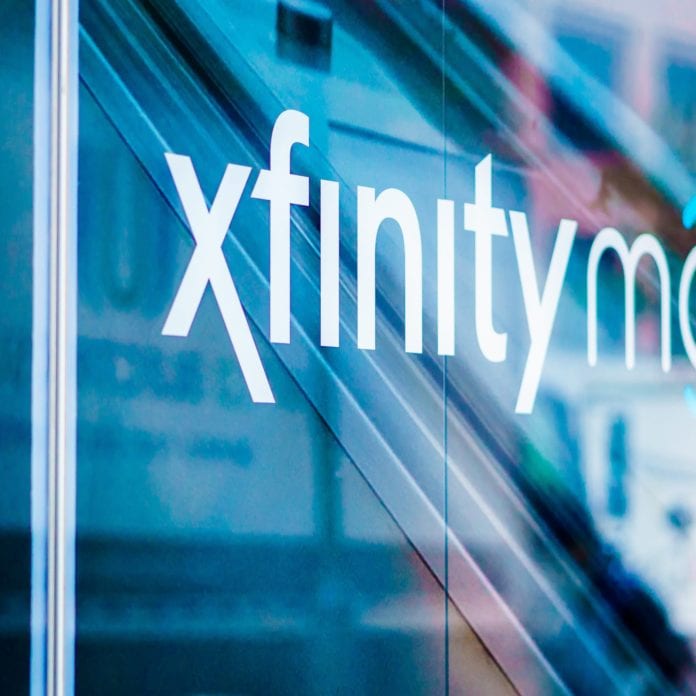Comcast’s wireless business added 278,000 total lines during the first quarter of 2021, its best quarter to date, and it reached a break-even point for the first time since it launched in 2017, the cable network operator reported.
Wireless revenues were at $513 million, up nearly 50% from 2020’s first quarter, driven by more customers and more device sales.
A Cowen and Co. research note called Comcast’s results “nearly flawless,” with “a multitude of positive signs across all segments.”
Overall, Comcast’s Cable Communications unit saw its revenues up 5.9% to $15.8 billion, with broadband revenue up 12% due to both higher customer numbers and higher rates. Business service revenues were up more than 6%.
Comcast’s total customer relationships were up 380,000 to 33.5 million. Residential customer relationships were up nearly 370,000 and business relationships up by almost 11,000. Comcast added 461,000 net broadband customers, while posting net video customer losses of 491,000 and voice net customer losses of 106,000. Comcast ended the quarter with about 3.1 million wireless lines.
Comcast’s cable unit spent about 8% more on capital expenditures during the first quarter of 2021 compared to the same period last year. On the company’s quarterly call, Chairman and CEO Brian Roberts highlighted two network-related initiatives underway: Virtualizing its network and leveraging artificial intelligence and machine learning for automation, and working to increase network speeds.
“We’re taking functions that were once performed by thousands of large and expensive pieces of hardware and moving them into the cloud, which alone has reduced innovation cycles from years down to just months,” Roberts said. “We’re also automating many of our core network functions so that we can deliver instant capacity as well as
identify and fix network issues before they ever affect a customer.” He also said that Comcast is “making great progress to deliver multi-gig symmetrical speeds” and cited two particular milestones: a live test in October of 1.25-gigabit symmetrical speeds, and the company’s first-ever live lab test of DOCSIS 4.0 earlier this month, which achieved 4 Gbps symmetrical speeds.
Comcast executives expressed optimism about continued mobile growth, with Roberts noting that the company just announced a new unlimited family plan, which he said offers $600 in annual savings relative to other competitor family plans. He reiterated later in the call that Comcast continues to be pleased with its MVNO relationship with Verizon, saying, “We restructured it so that we’re able to make these unlimited offerings in a way that continues our profitability march and real value for consumers and in a way that Verizon is happy that their network is getting used.”
David Watson, Comcast Cable president and CEO, said that the company thinks about the new wireless pricing as a long-term growth opportunity for its broadband offering. “We have a little over 3 million lines, [and] less than 2 million customer [mobile] relationships … out of a pool of 33 million customer relationships. So low penetration, lots of runway. … We take a very disciplined approach towards packaging and improving value,” he continued. “We feel very good about unlimited as part of the portfolio.
“We really appreciate the Verizon relationship. It’s important for us,” Watson added. “And I think we’re good for them, very good for them. And it’s — so it’s a good win-win for us to be able to add this new set of unlimited to an already strong portfolio.”

